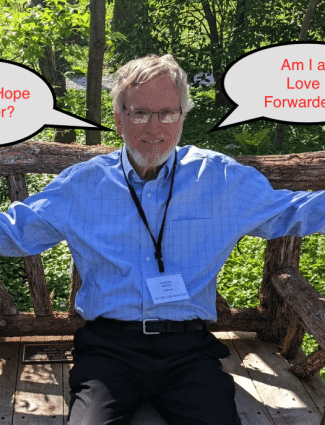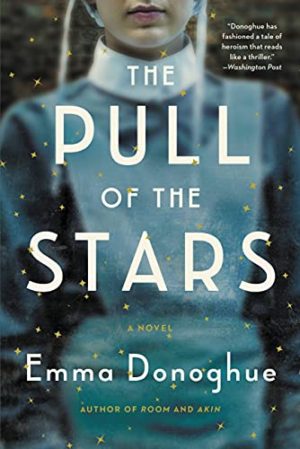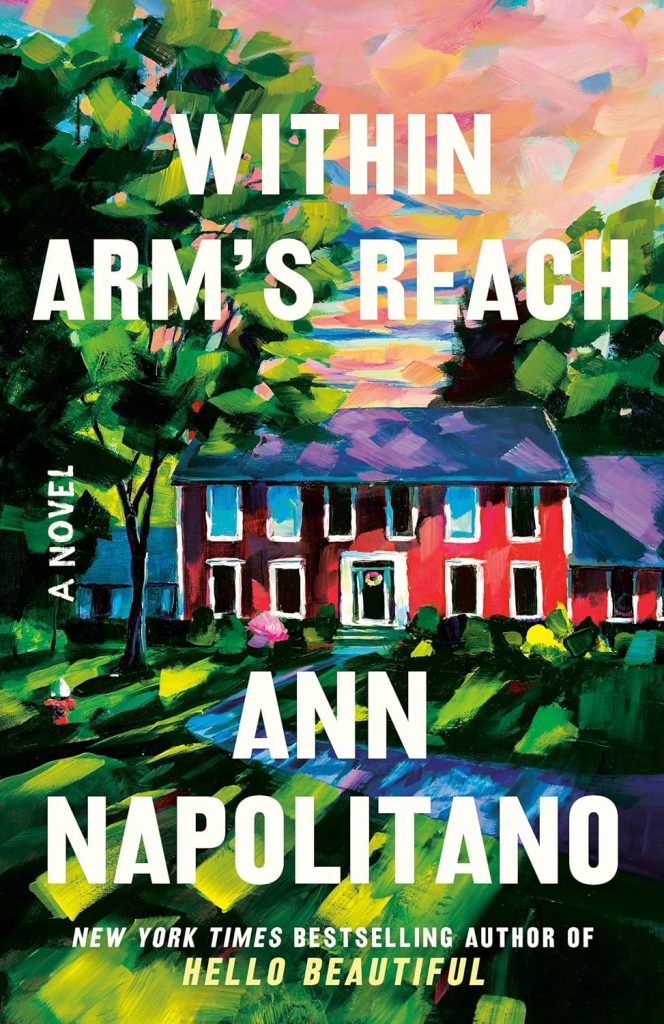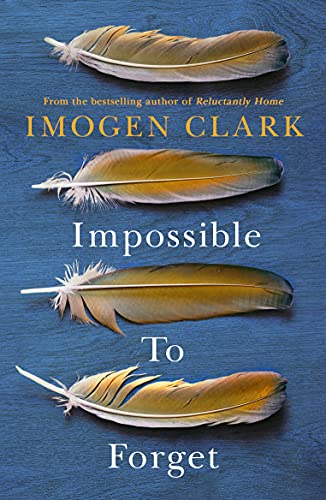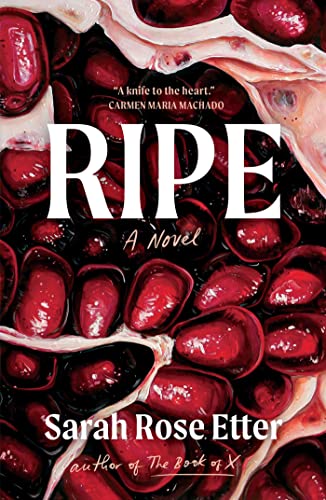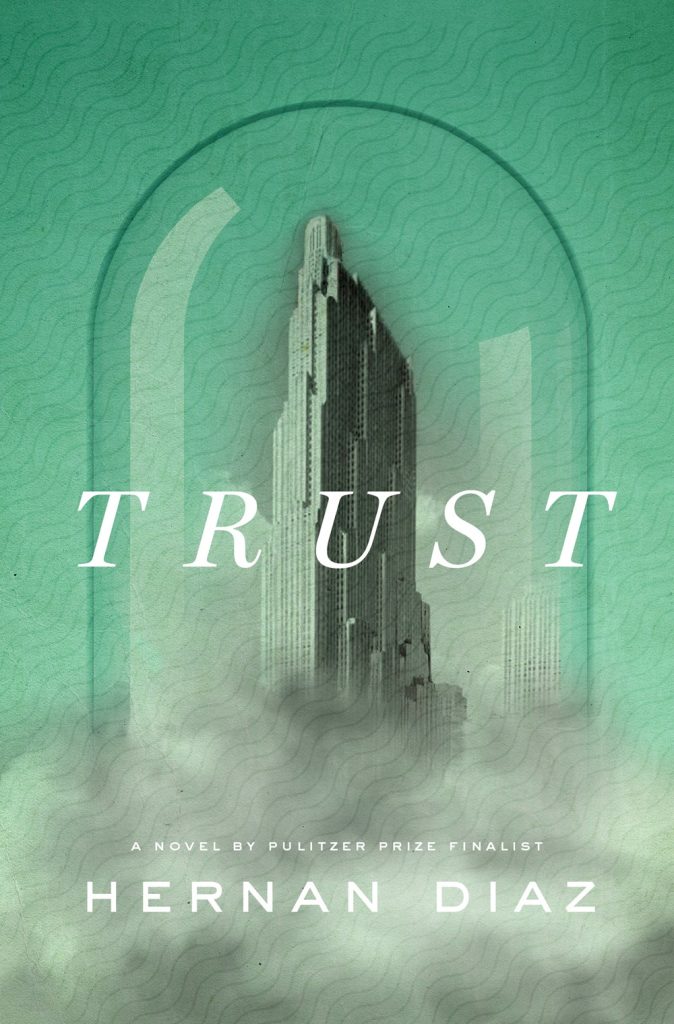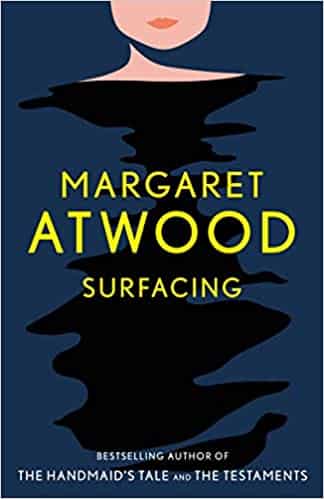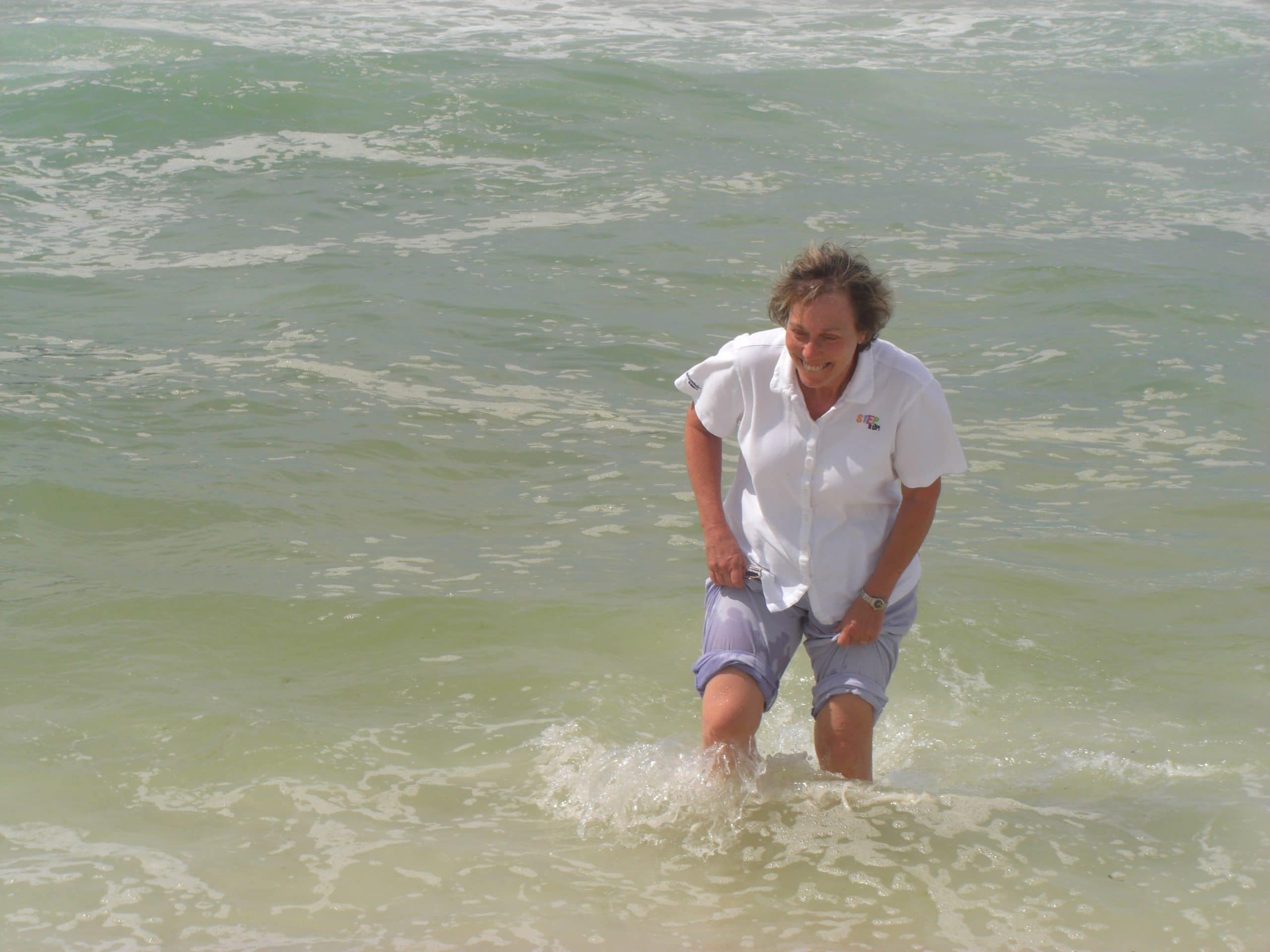
Small Pebble in Widow Creek
Estimated reading time: 0 minutes, 41 secondsI have been a small pebble in the fast-moving widow creek for eleven months. The churning waters have bounced me from one side of the river to the other. At times, I have been dunked underwater, unable to breathe. Wiser, more experienced widows have protected me from the rapids by sidelining me in an eddy’s churning waters. The river eddy can spin me around and send me backward. But at least I avoid total disaster.
With Jan’s love, I hope to help someday others avoid calamity in Widow Creek.
I receive a commission when you buy a book or product using a link on this page. Thank you for supporting Sharing Jan’s Love blog.



